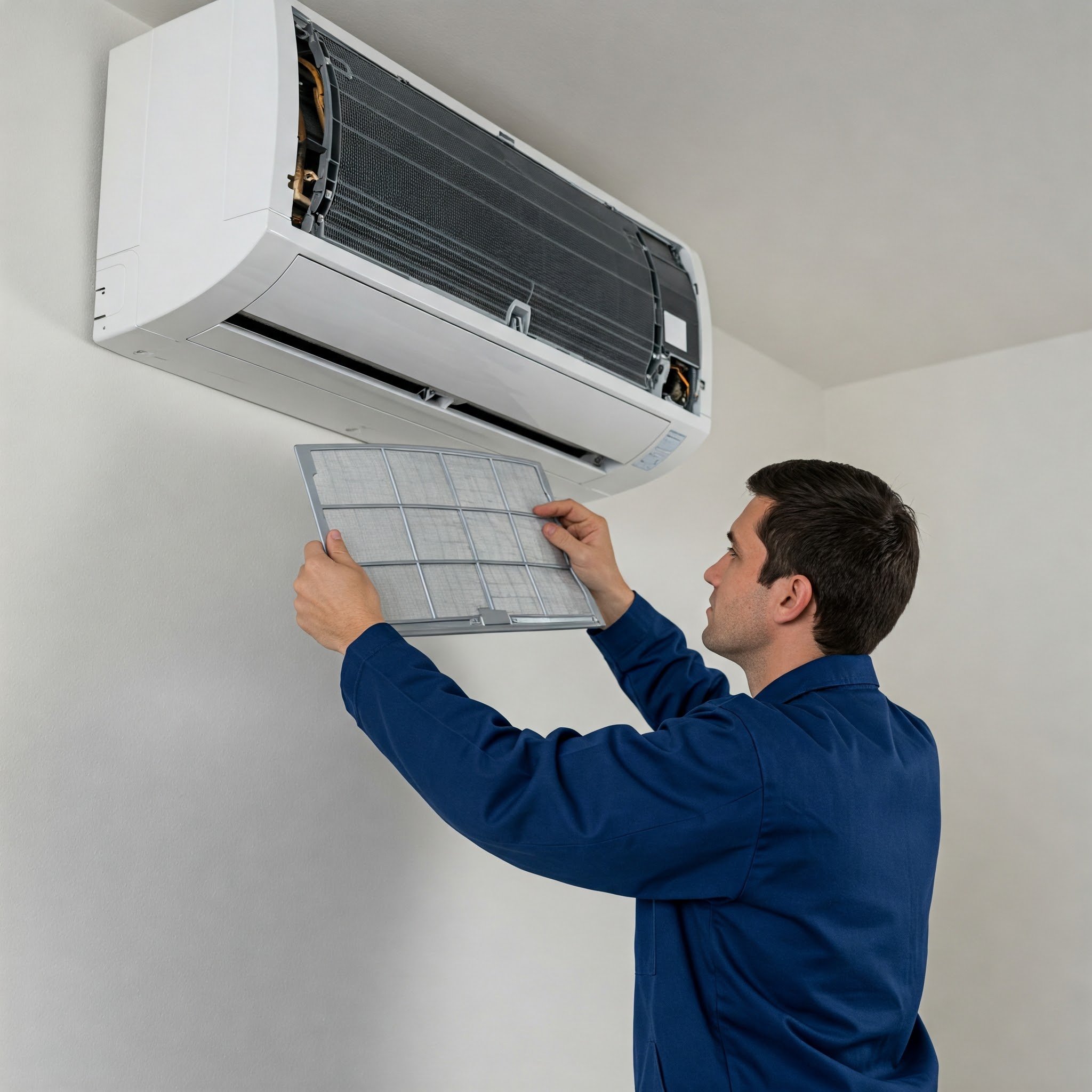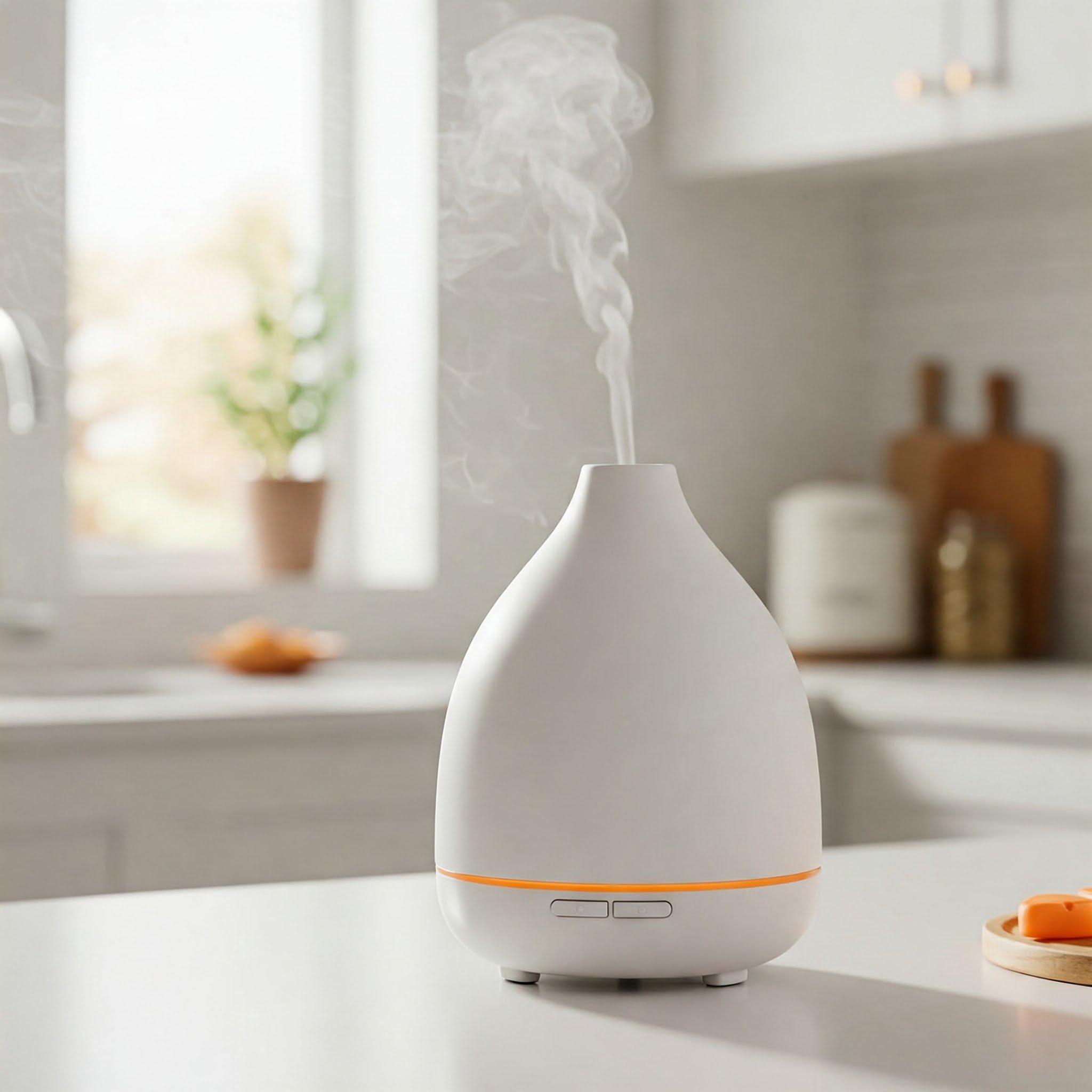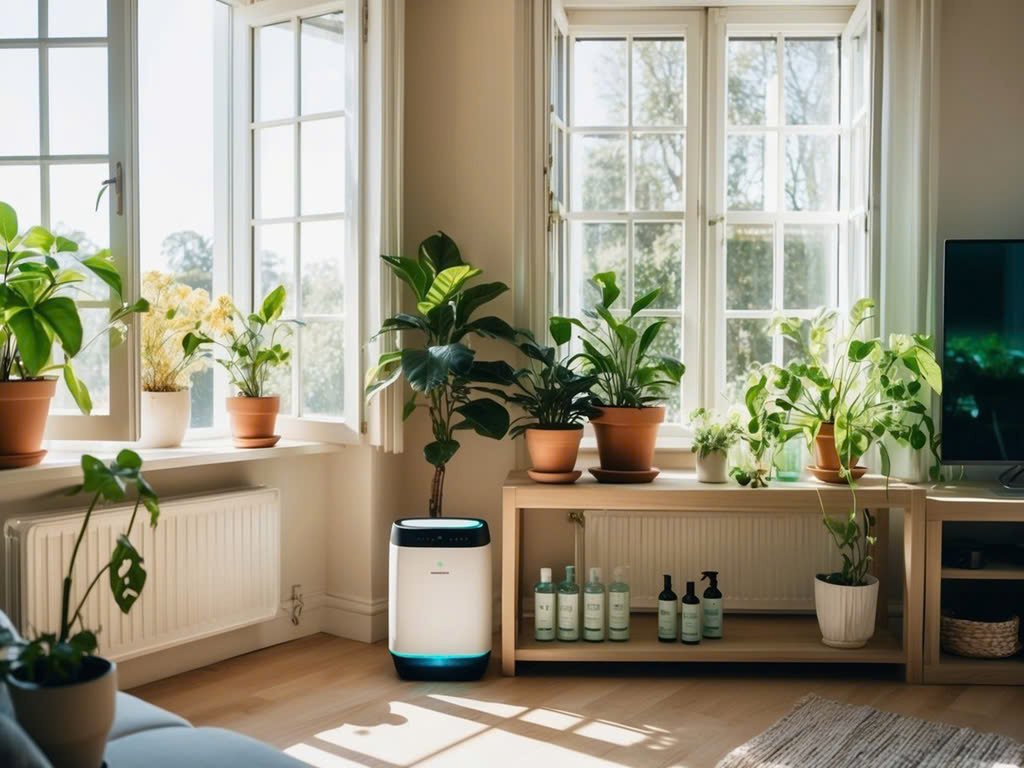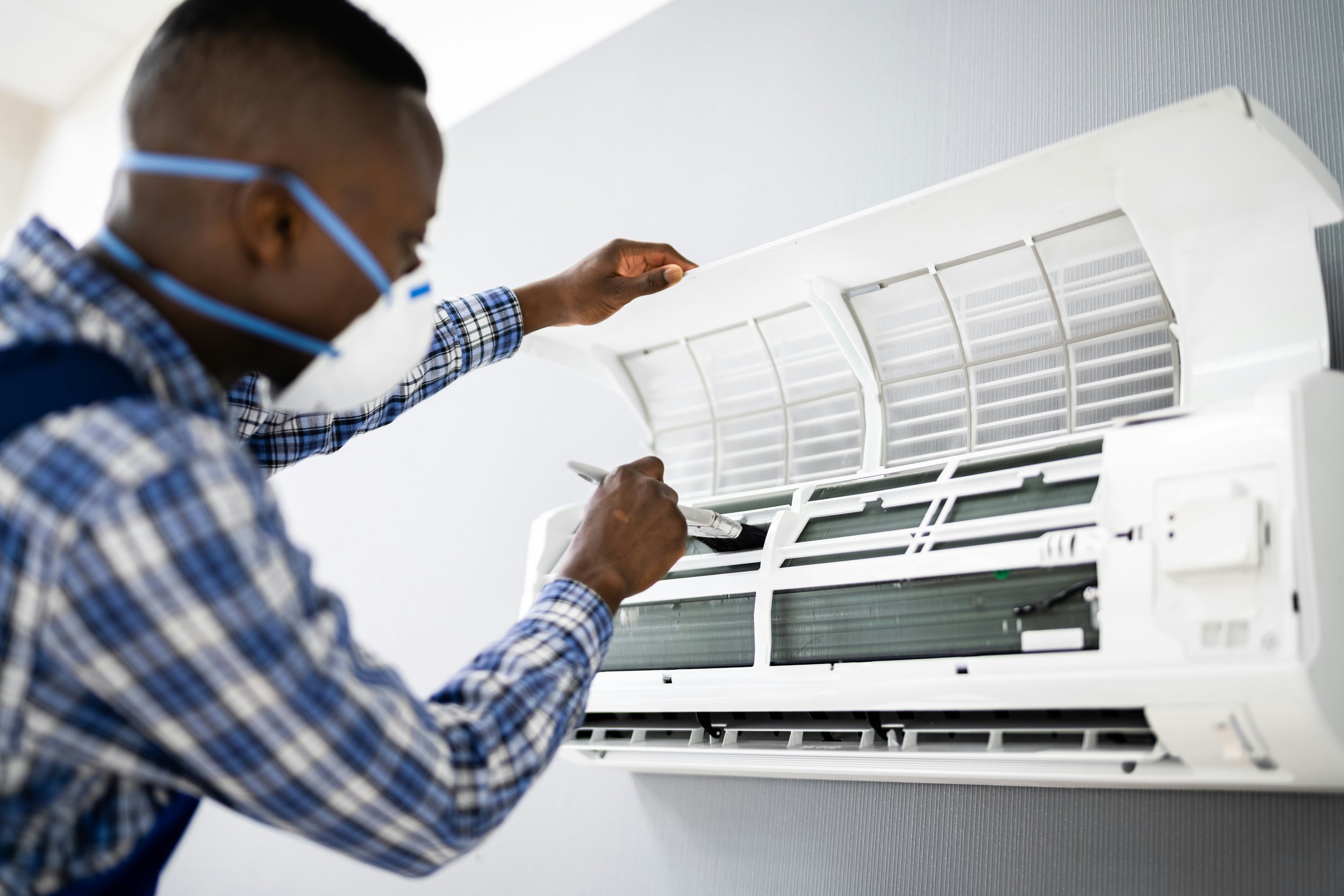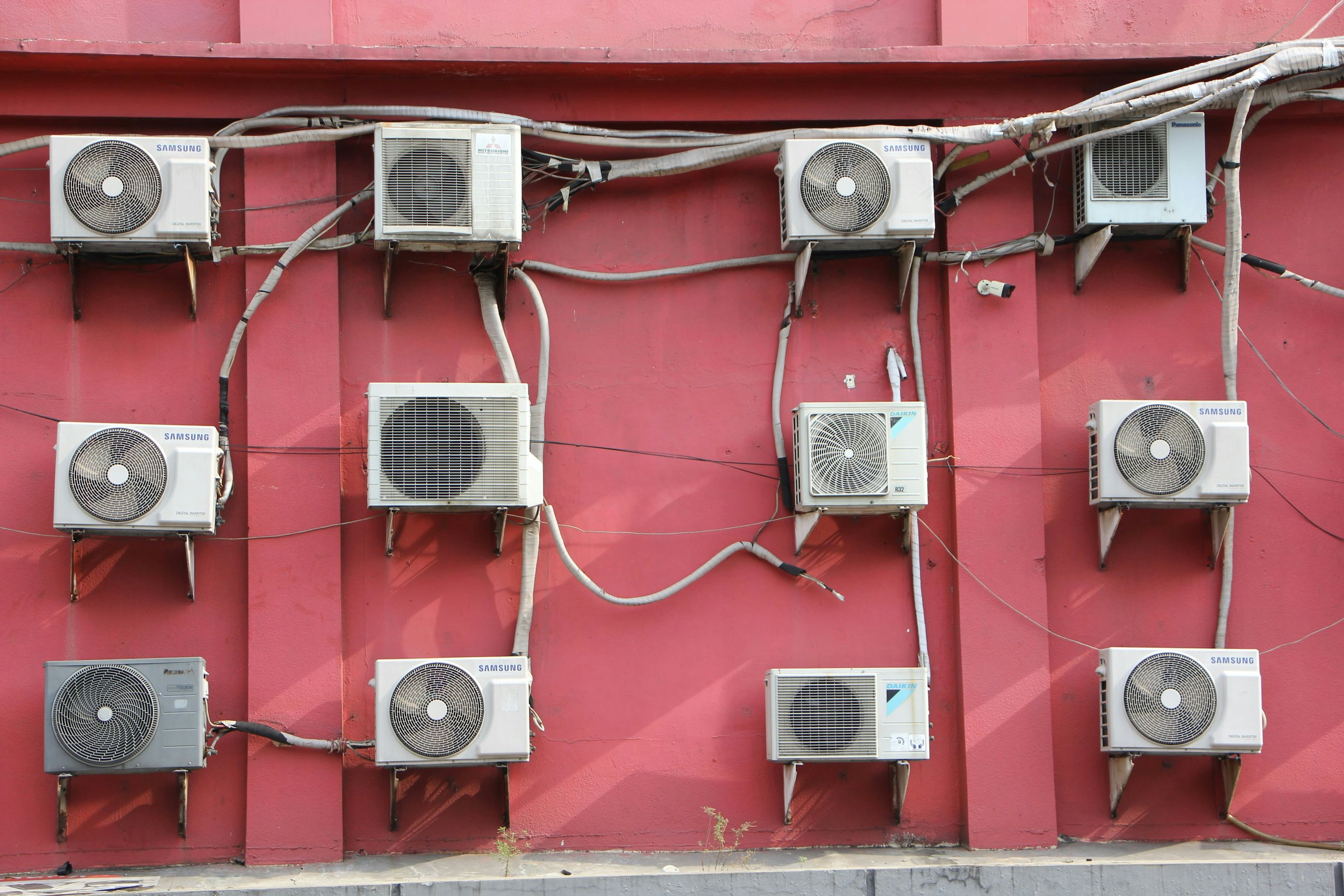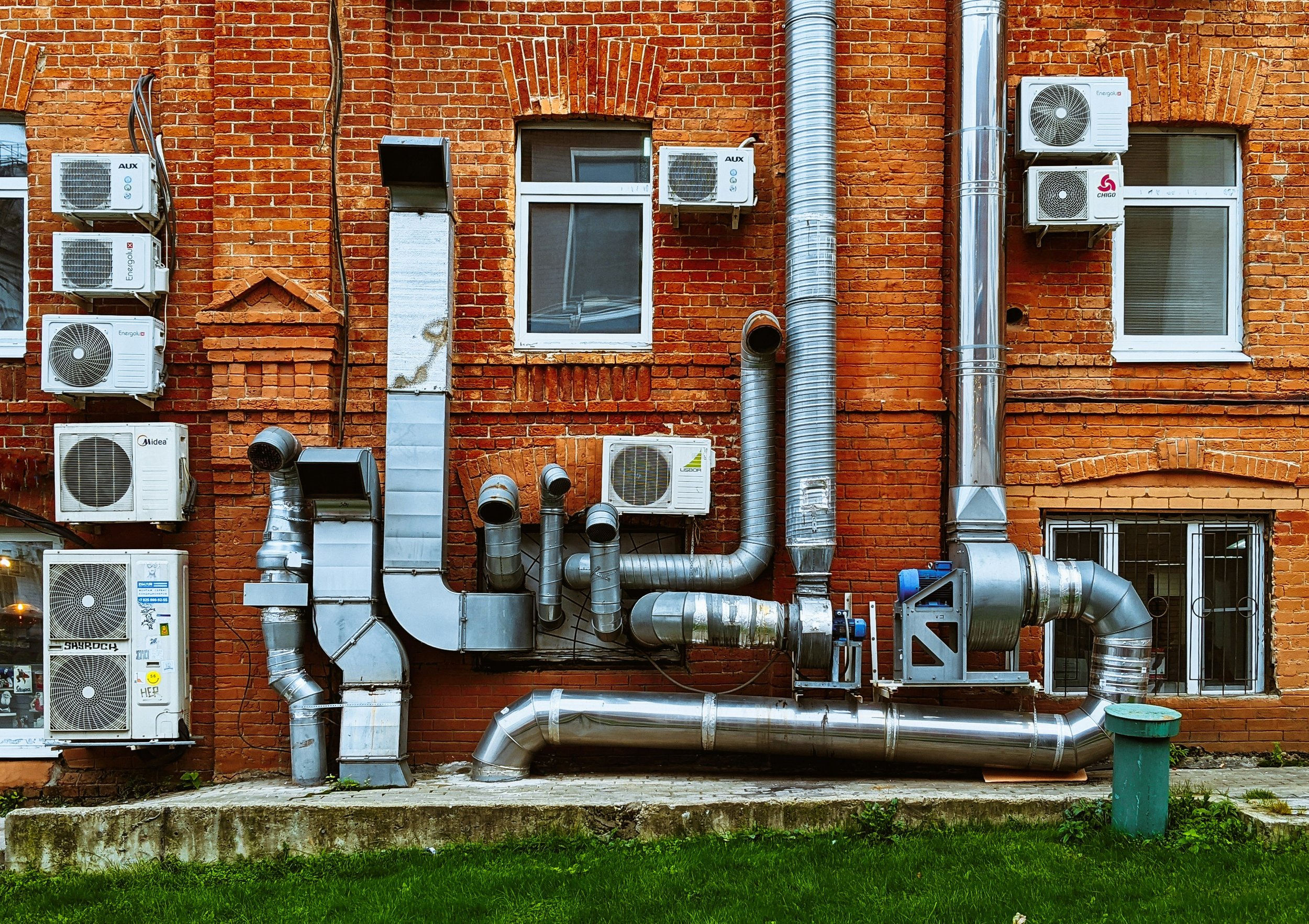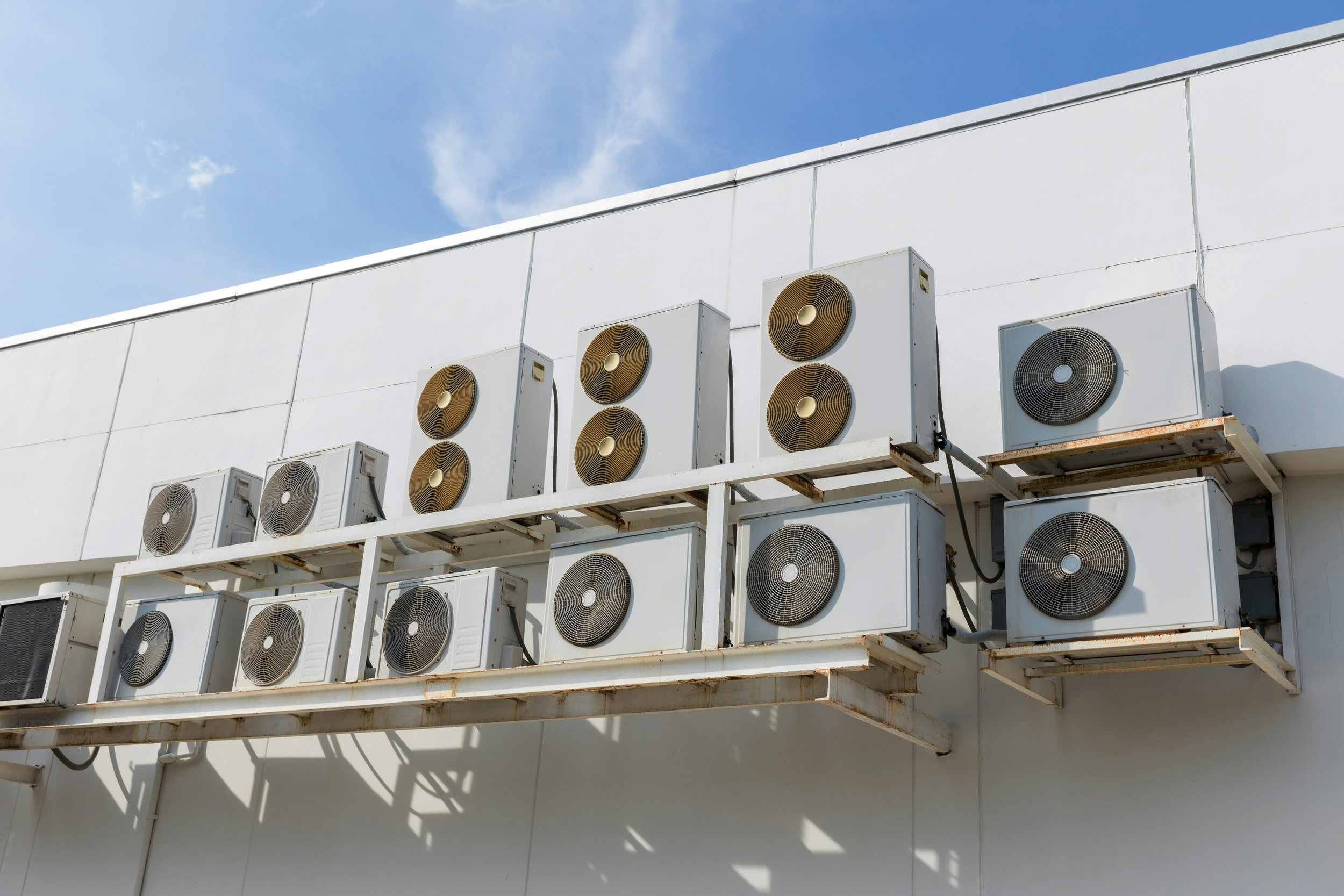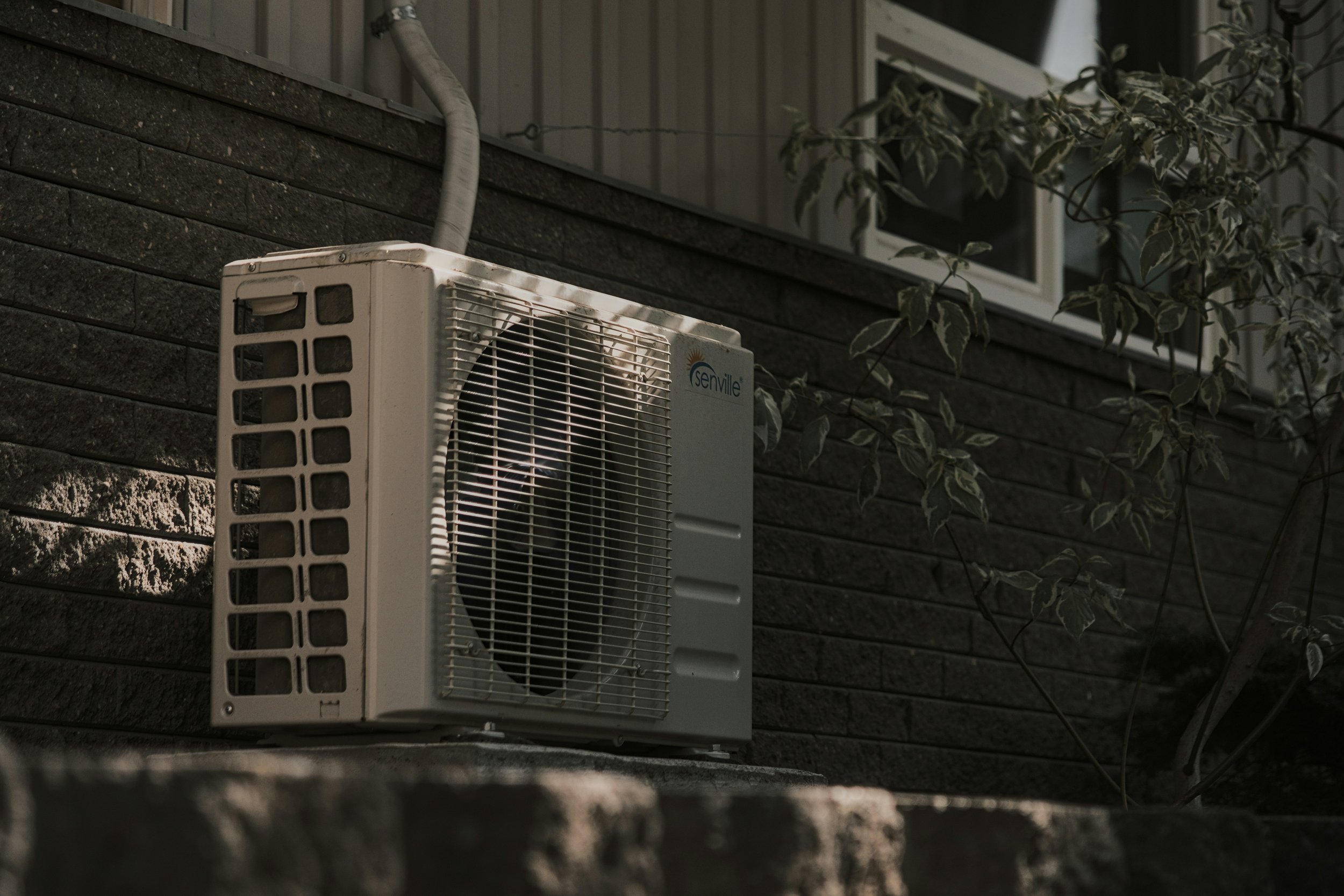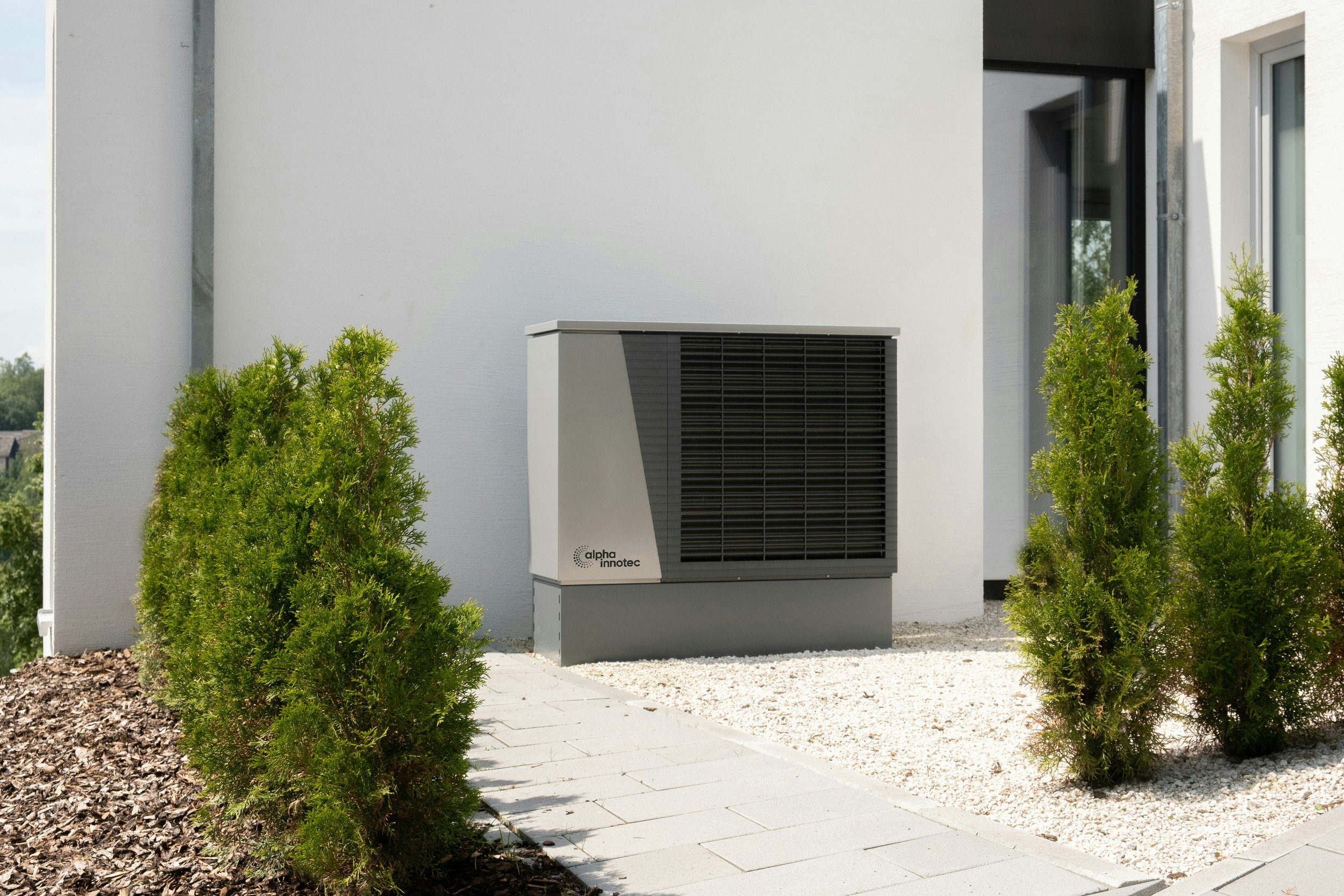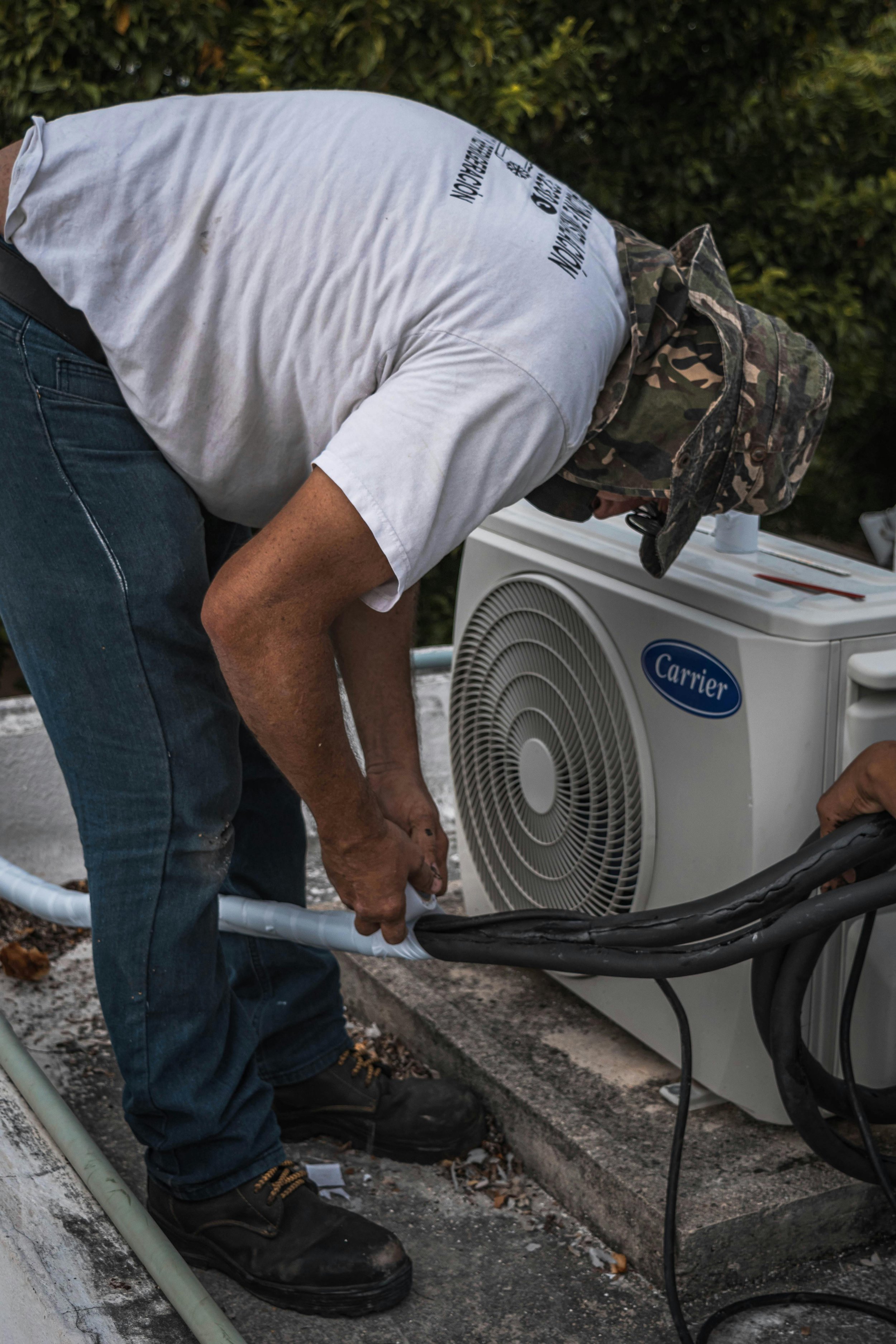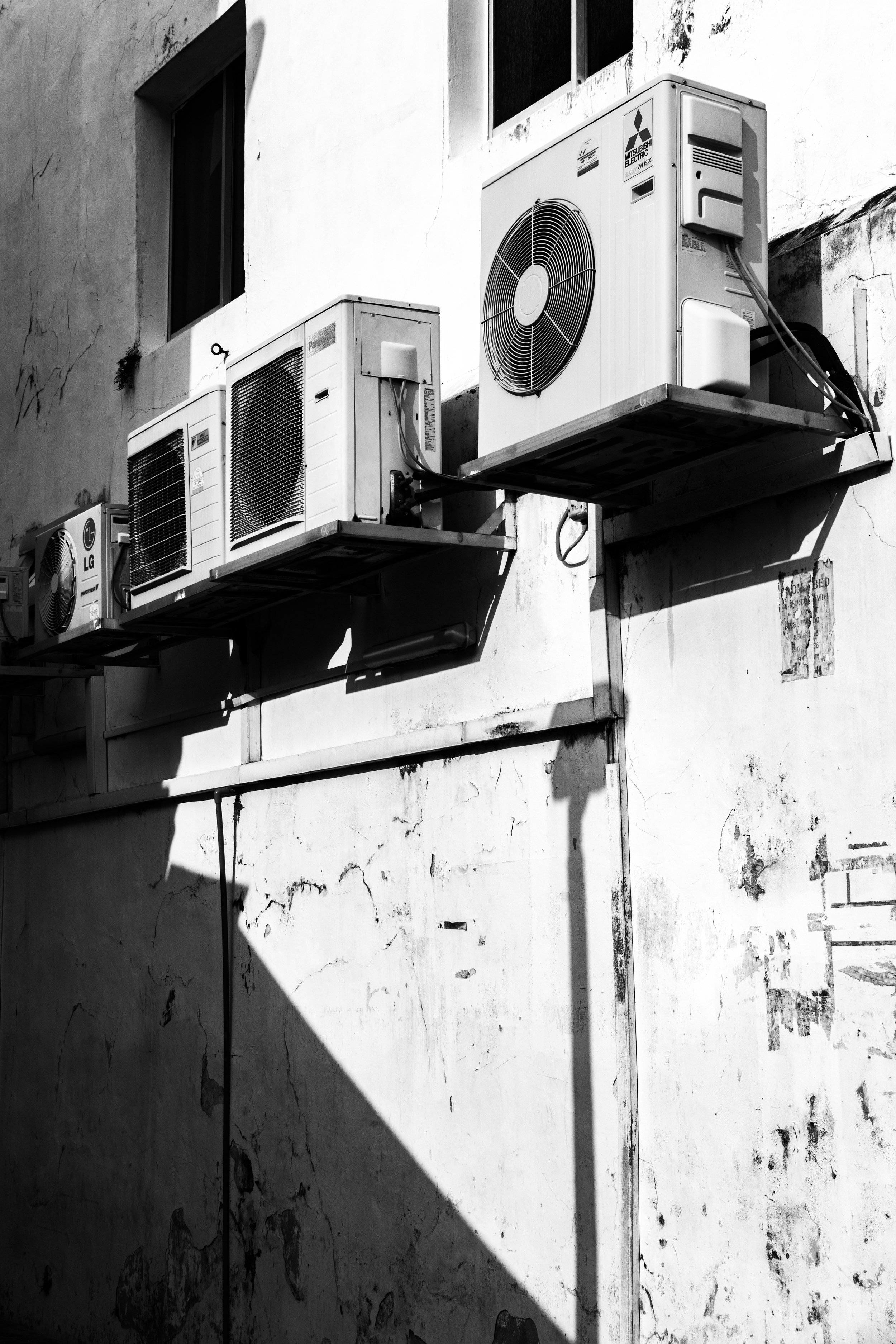Essential AC Maintenance to Prevent Costly Breakdowns
Keep your AC running efficiently with essential maintenance tips to prevent costly breakdowns and extend its lifespan.
In the sweltering summer months, your air conditioning system transforms from a luxury to a necessity. Yet many homeowners only think about their AC units when they stop working—often during the hottest day of the year when repair services are in highest demand and most expensive. Regular maintenance isn't just about preventing discomfort; it's a financial strategy that can save thousands in emergency repairs and premature replacements while extending the lifespan of your system.
The Hidden Costs of Neglect
An air conditioning system represents a significant investment in your home, typically costing between $3,000 and $10,000 for installation. Despite this considerable expense, many homeowners inadvertently shorten their system's lifespan through simple neglect.
According to Natal Air Conditioning, a company that specialized in AC repair in Pompano Beach, most major breakdowns could have been prevented through regular maintenance. When small issues go undetected, they compound into catastrophic failures that often result in complete system replacement rather than simple repairs.
The math is straightforward: spending $150-$300 annually on preventative maintenance can help avoid emergency repairs that typically start at $500 and can exceed $2,000 for major components like compressors. More importantly, regular maintenance can extend your system's operational life from 10 years to 15 years or more—effectively saving you thousands in replacement costs.
The Science Behind AC Deterioration
Understanding why air conditioners require regular maintenance begins with understanding how they function and deteriorate. Air conditioning systems operate through a complex interplay of mechanical, electrical, and chemical processes that naturally degrade over time.
Your AC system works by circulating refrigerant through a closed system of coils. As the refrigerant changes from liquid to gas and back again, it absorbs heat from inside your home and releases it outside. This continuous cycle depends on precise pressure relationships, clean coils, and proper airflow.
Over time, several issues naturally develop:
Dust and debris accumulate on coils, reducing heat transfer efficiency and forcing the system to work harder.
Electrical connections loosen from thermal expansion and contraction, creating resistance that wastes energy and generates heat.
Moving parts like fan motors and compressors experience friction and wear, eventually leading to mechanical failure if not properly lubricated and maintained.
Refrigerant lines develop microscopic leaks at connection points, gradually depleting the system of its crucial heat transfer medium.
Drain lines collect algae and debris, potentially causing water damage to your home when blockages occur.
Each of these issues starts small but progresses to cause efficiency losses, increased energy consumption, and eventually, complete system failure.
Essential Maintenance Tasks
Effective AC maintenance involves both professional service and homeowner vigilance. While some tasks require technical expertise, others can be performed by any attentive homeowner.
Professional Maintenance
A comprehensive professional maintenance visit should include several critical services that require specialized tools and expertise:
The technician should conduct a thorough inspection of refrigerant levels and pressure. Low refrigerant doesn't just reduce cooling capacity—it forces the compressor to work harder, potentially causing premature failure of this expensive component.
Electrical connections and contacts should be tightened and tested for proper voltage and current draw. Faulty electrical connections can cause components to run at higher temperatures, significantly shortening their lifespan and creating fire hazards.
The condensate drain system requires professional cleaning to prevent biological growth and blockages. A blocked drain can cause water damage to ceilings, walls, and floors, with repair costs far exceeding that of simple maintenance.
Coil cleaning for both evaporator and condenser coils helps restore heat transfer efficiency. Dirty coils can reduce system efficiency by up to 40%, directly increasing your monthly energy bills while reducing cooling capacity.
Moving parts require lubrication to reduce friction and wear. Without proper lubrication, motors and bearings can seize, leading to expensive replacements rather than simple maintenance.
Control system calibration ensures your thermostat accurately reflects actual temperatures and properly cycles the system. Improper calibration leads to comfort issues and unnecessary system wear from frequent cycling.
Homeowner Maintenance
Between professional visits, homeowners should perform several simple but crucial maintenance tasks:
Monthly filter inspection and replacement prevents airflow restrictions that force your system to work harder. Restricted airflow not only reduces efficiency but can cause evaporator coil freezing, which may lead to compressor damage.
Keeping the outdoor unit clear of debris ensures proper airflow across the condenser coil. Leaves, grass clippings, and shrubs can block airflow, causing the system to run at higher pressures and temperatures than designed.
Monitoring system performance helps detect problems early. Unusual noises, reduced cooling capacity, or longer run times all indicate developing issues that should be addressed before they cause major failures.
Seasonal preparation before heavy use periods ensures your system is ready when you need it most. A spring check-up before summer heat arrives can identify potential issues when repair schedules are less congested.
The Ideal Maintenance Schedule
For optimal protection and efficiency, most HVAC professionals recommend the following maintenance schedule:
Bi-annual professional maintenance: Schedule comprehensive service in spring before cooling season and fall before heating season (for heat pump systems). These transitional periods typically offer more flexible scheduling and often discounted service rates.
Monthly homeowner inspection: Check and replace air filters monthly during peak usage seasons, and every three months during less intensive periods.
Seasonal outdoor unit clearing: Remove debris from around the outdoor unit weekly during fall leaf drop and spring pollination periods.
Performance monitoring: Pay attention to your system's behavior throughout the season, noting any changes in performance, unusual sounds, or cycling patterns.
Many HVAC companies offer maintenance agreements that provide scheduled bi-annual service at reduced rates, priority scheduling for any needed repairs, and discounts on parts and labor. These agreements typically pay for themselves through prevention of a single emergency repair.
The Future of AC Maintenance
As HVAC technology advances, maintenance is evolving as well. Modern systems increasingly incorporate self-diagnostic capabilities that can alert homeowners to developing issues before they cause significant damage.
Smart thermostats can now monitor system performance metrics like run time and temperature differential, providing early warning of efficiency losses. Some advanced systems can even communicate directly with service companies, automatically scheduling maintenance when performance metrics indicate the need.
Despite these technological advances, the fundamental importance of regular physical inspection and maintenance remains unchanged. Electronic sensors can detect many issues, but not all problems generate electronic signatures until they've progressed significantly.
A Worthwhile Investment
Preventative maintenance represents one of the few home expenses that genuinely pays for itself multiple times over. Beyond the direct savings from avoided repairs and extended equipment life, properly maintained systems consume 15-20% less energy than neglected ones—saving you money every month through lower utility bills.
Additionally, well-maintained systems provide more consistent comfort, remove more humidity, and filter air more effectively, potentially reducing allergy symptoms and creating a healthier indoor environment.
When selecting a maintenance provider, look for companies with NATE-certified technicians, positive customer reviews specifically mentioning maintenance experiences, and transparent pricing that details exactly what services are included.
By investing in regular maintenance rather than reacting to breakdowns, you're not just protecting your air conditioning system—you're protecting your comfort, your budget, and your peace of mind during the hottest days of the year.
